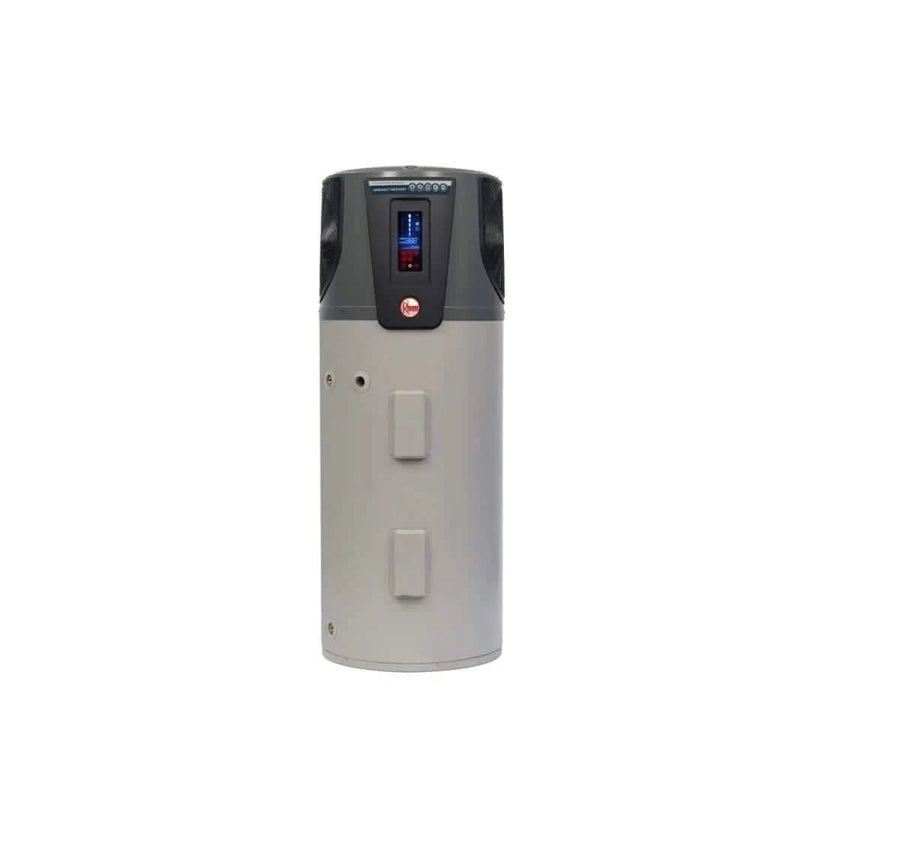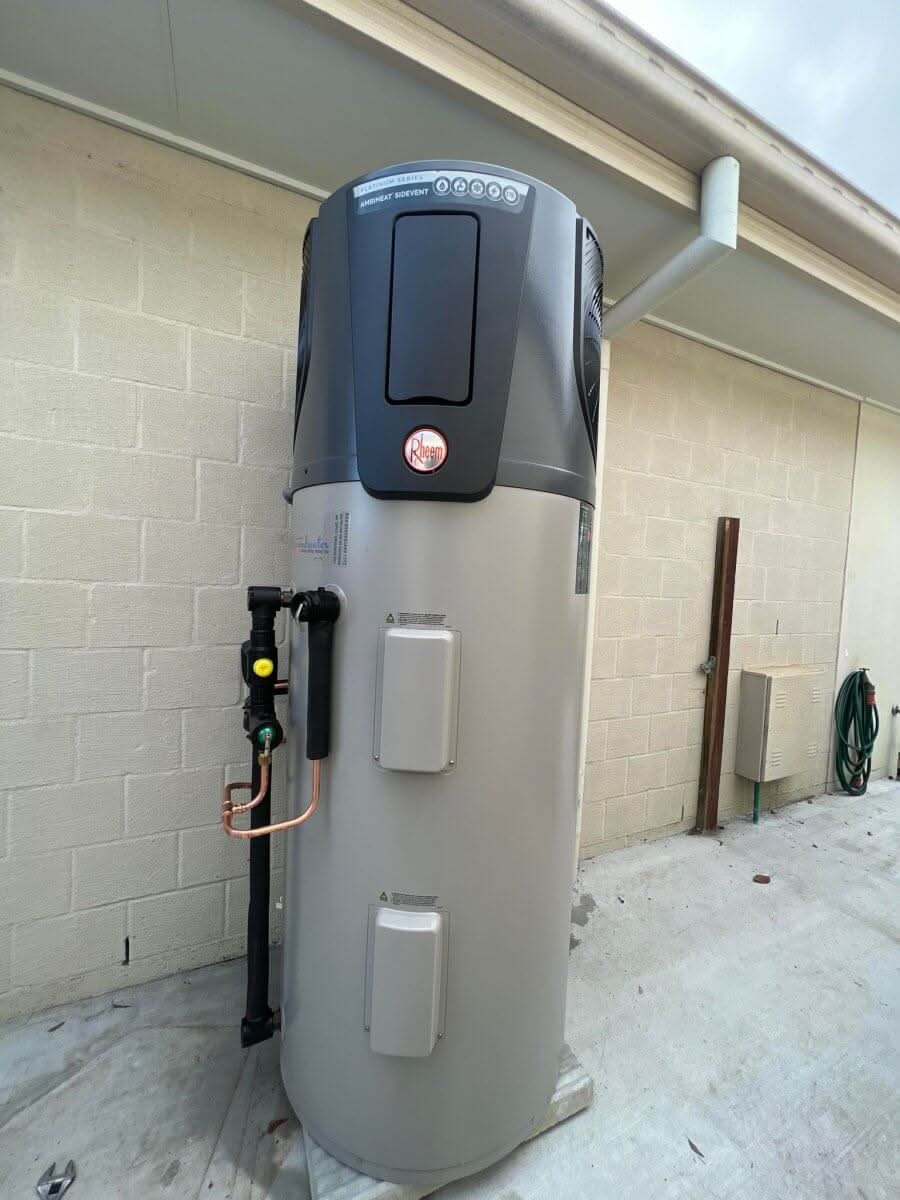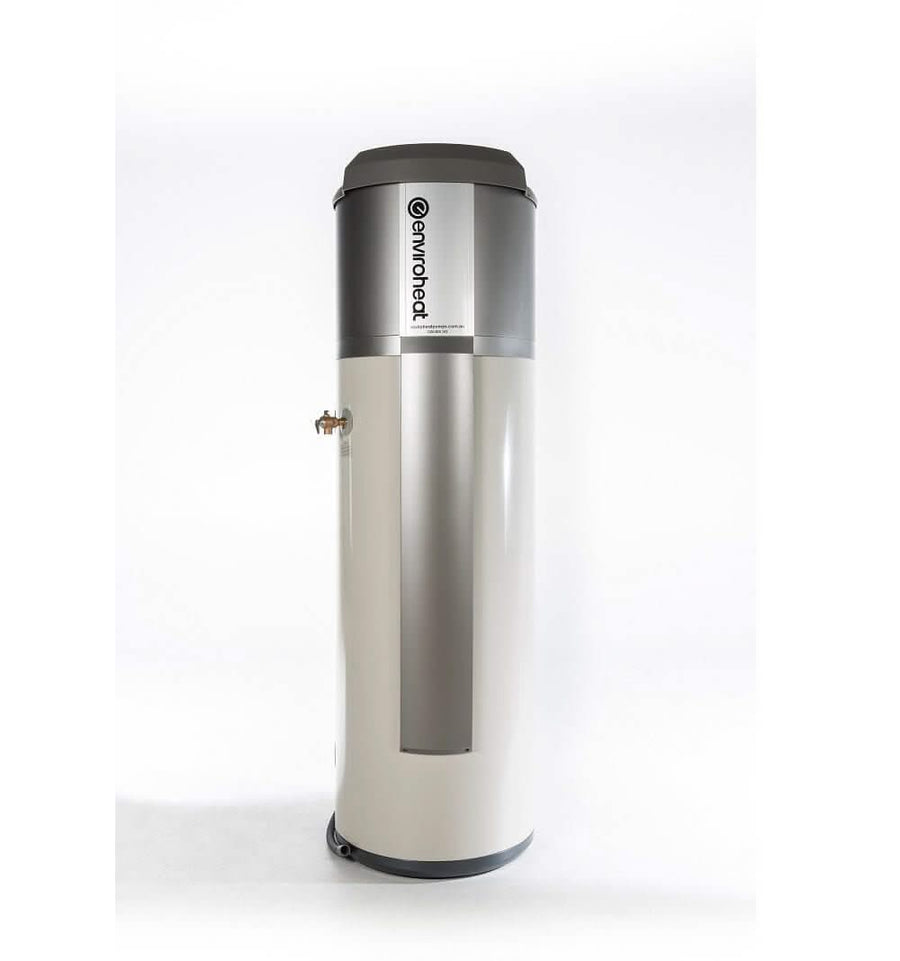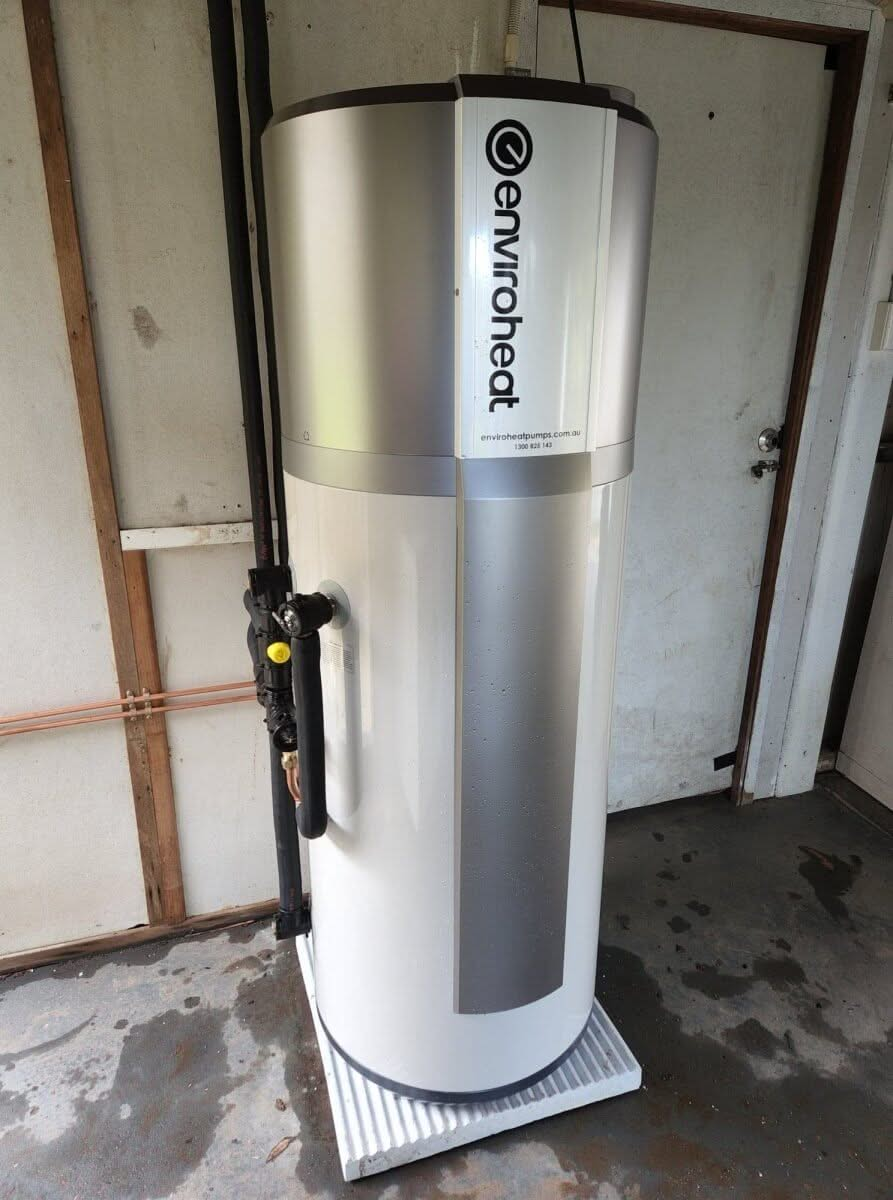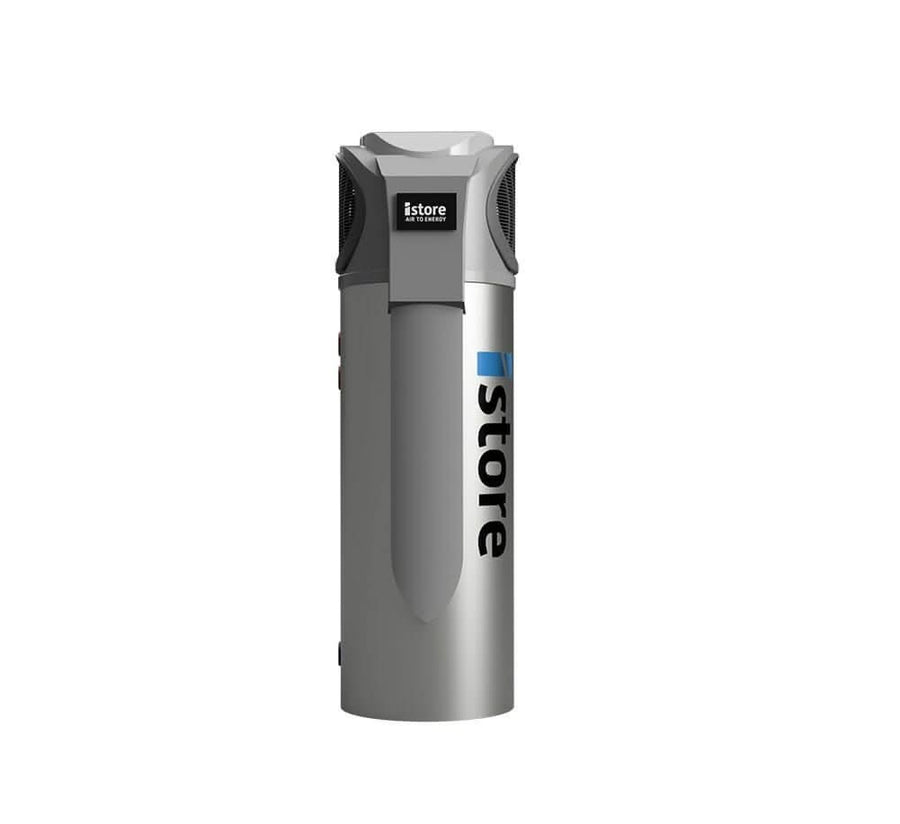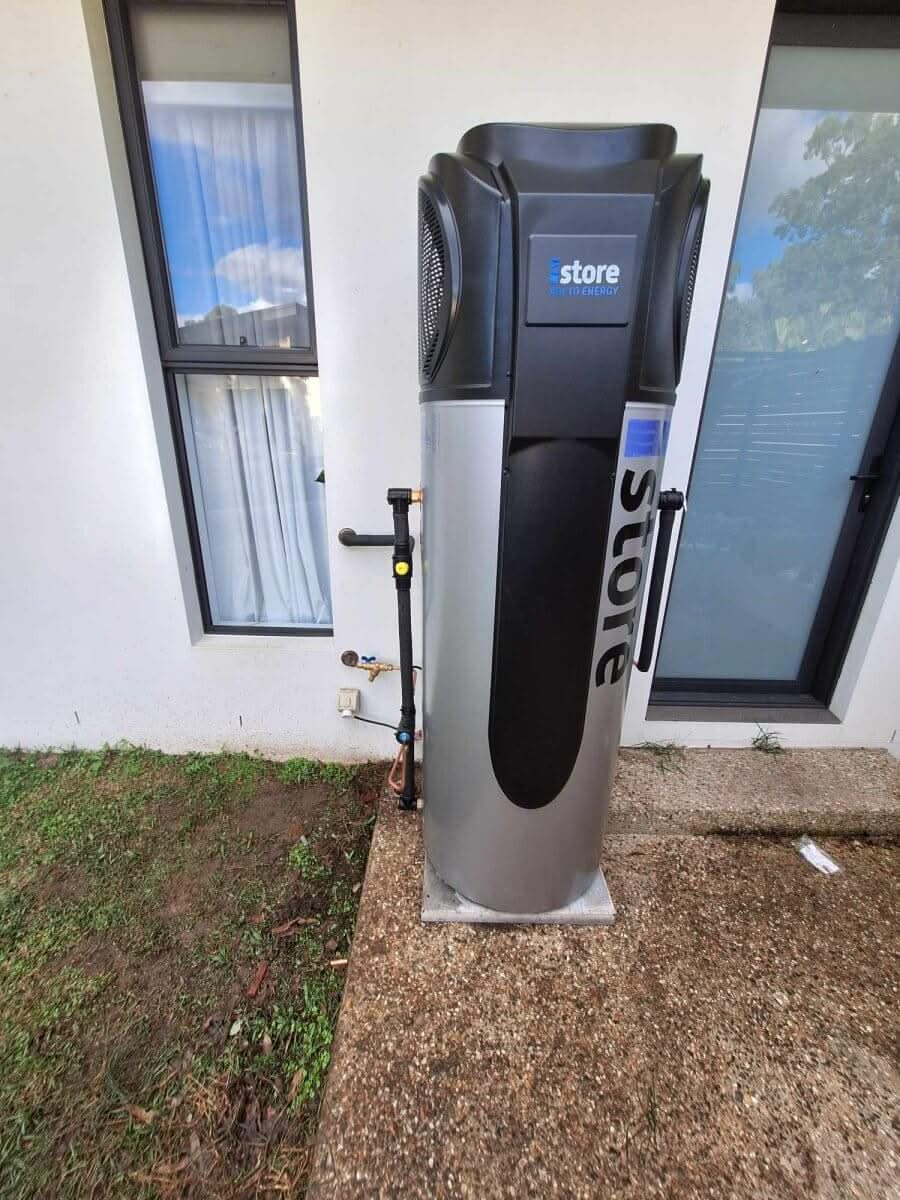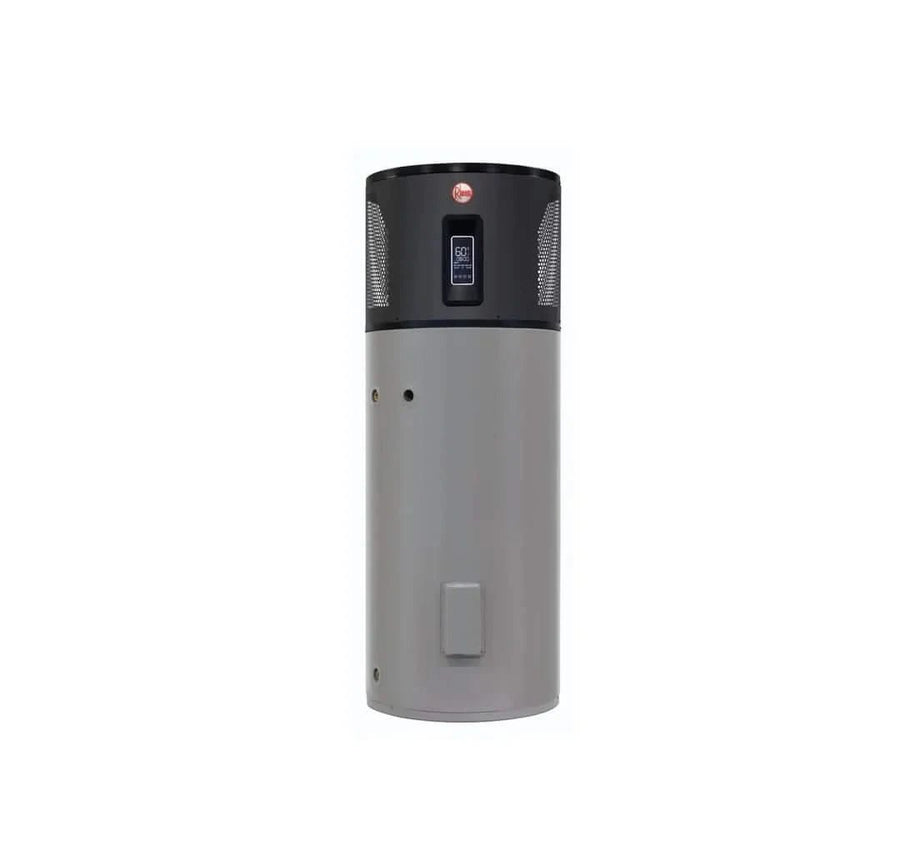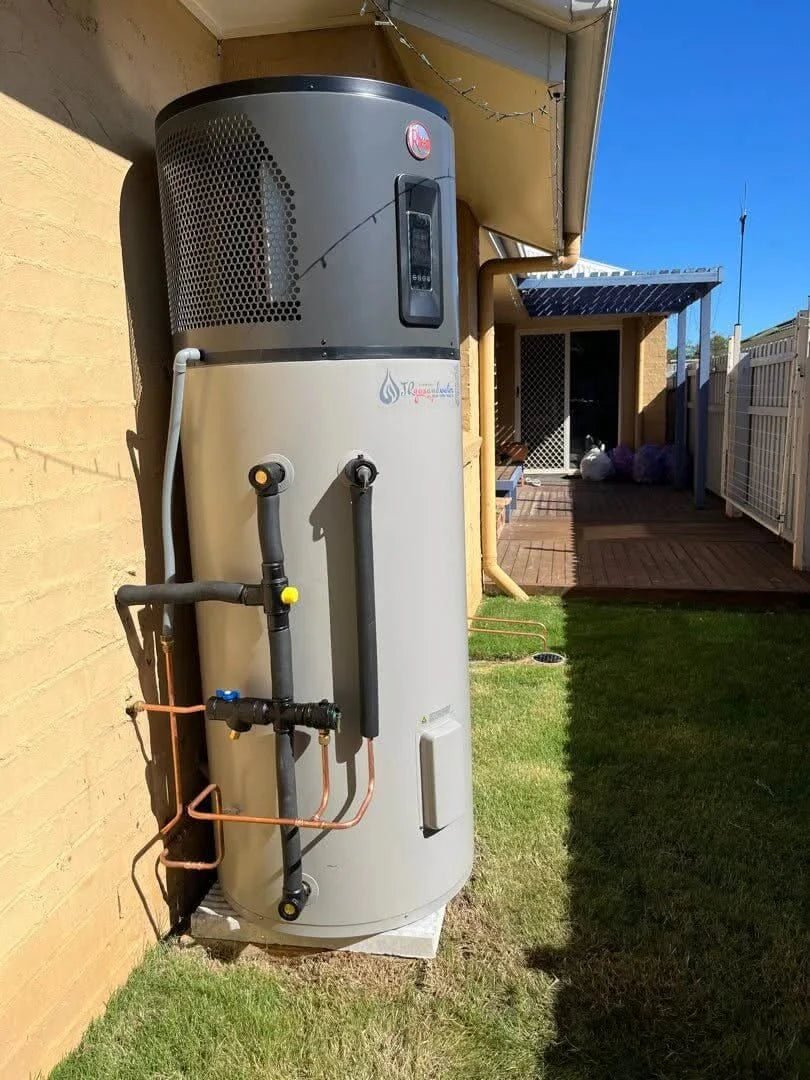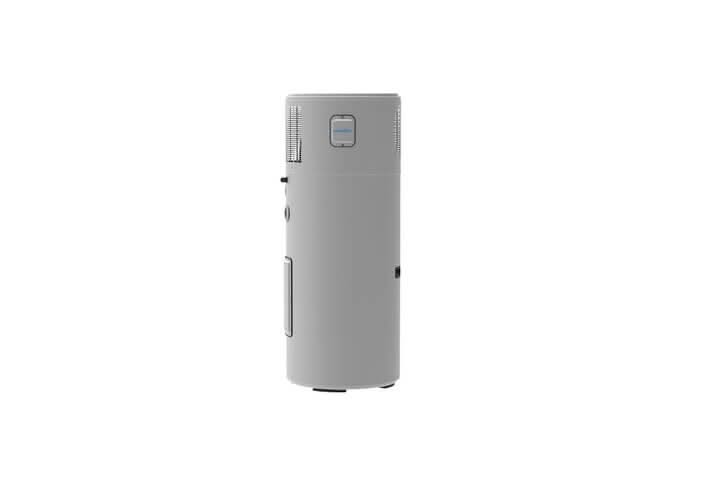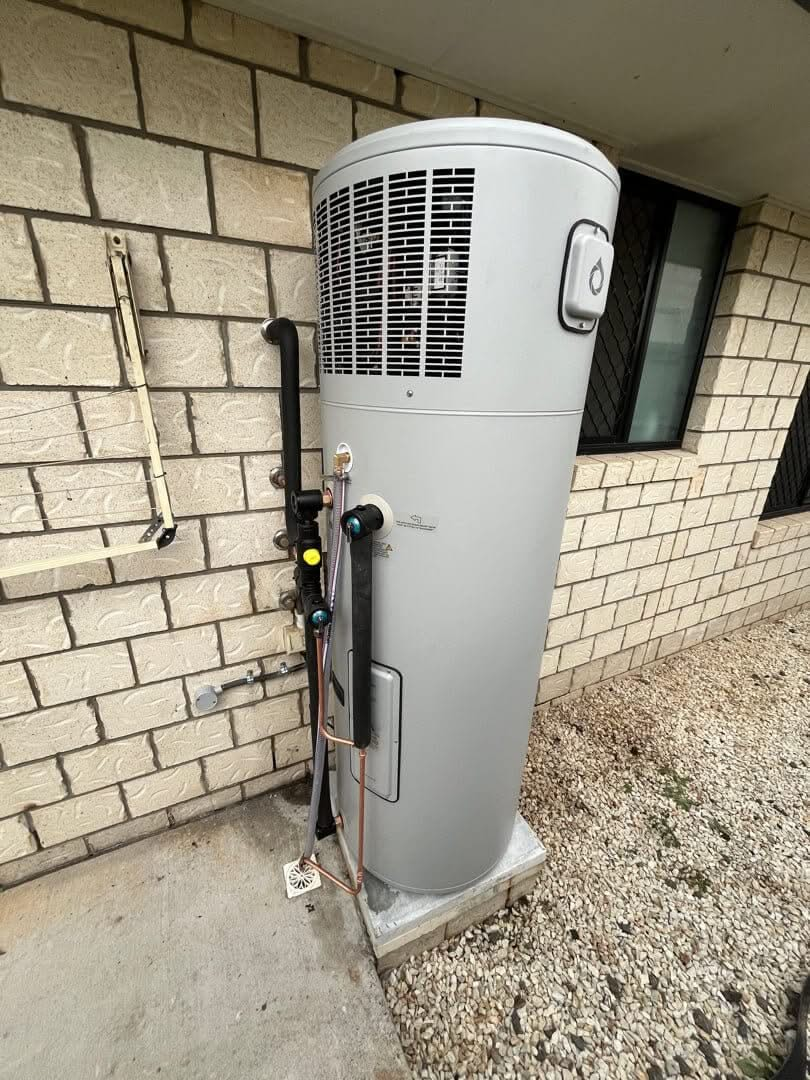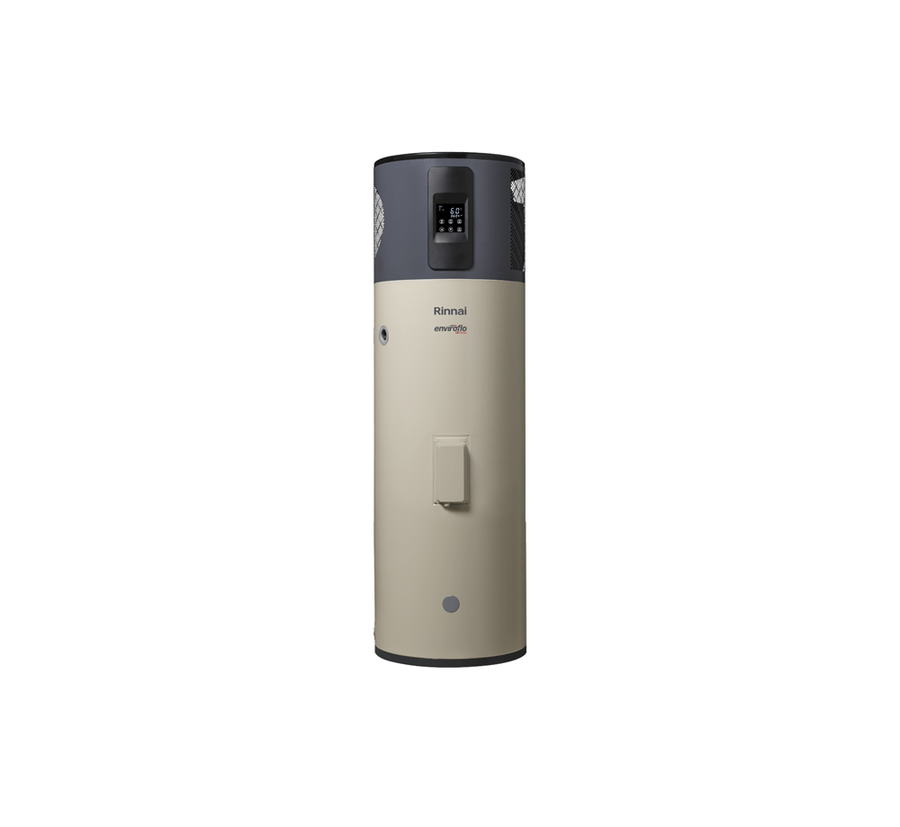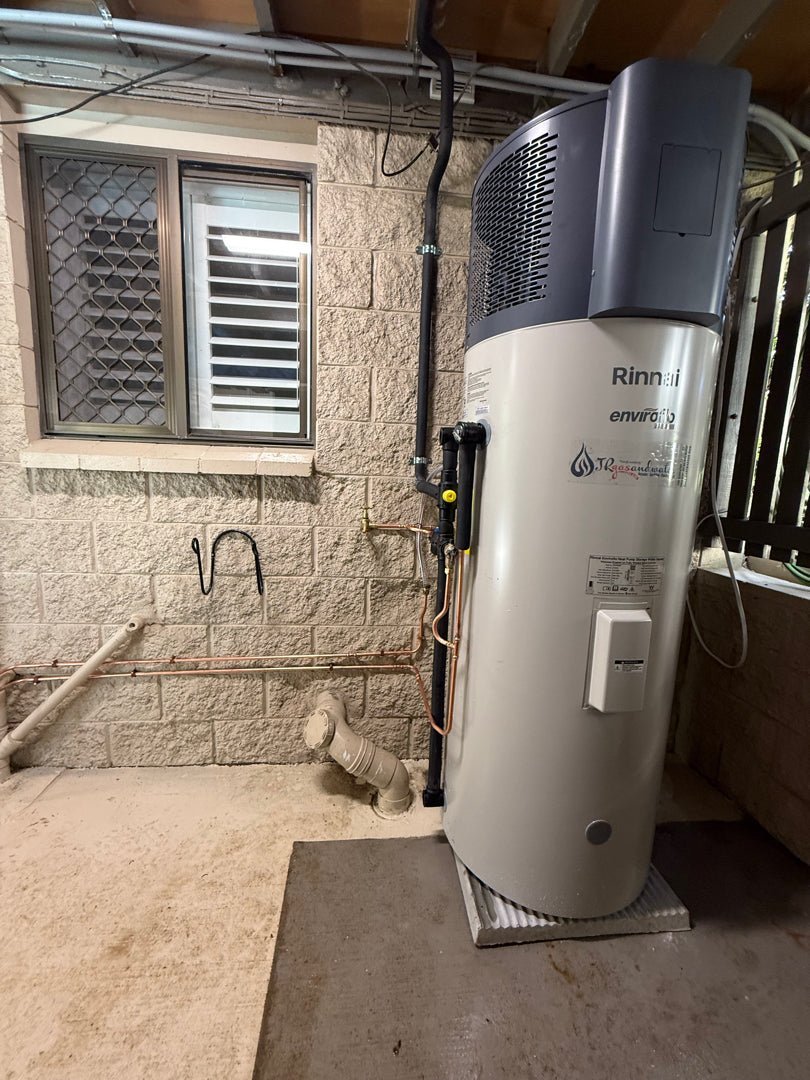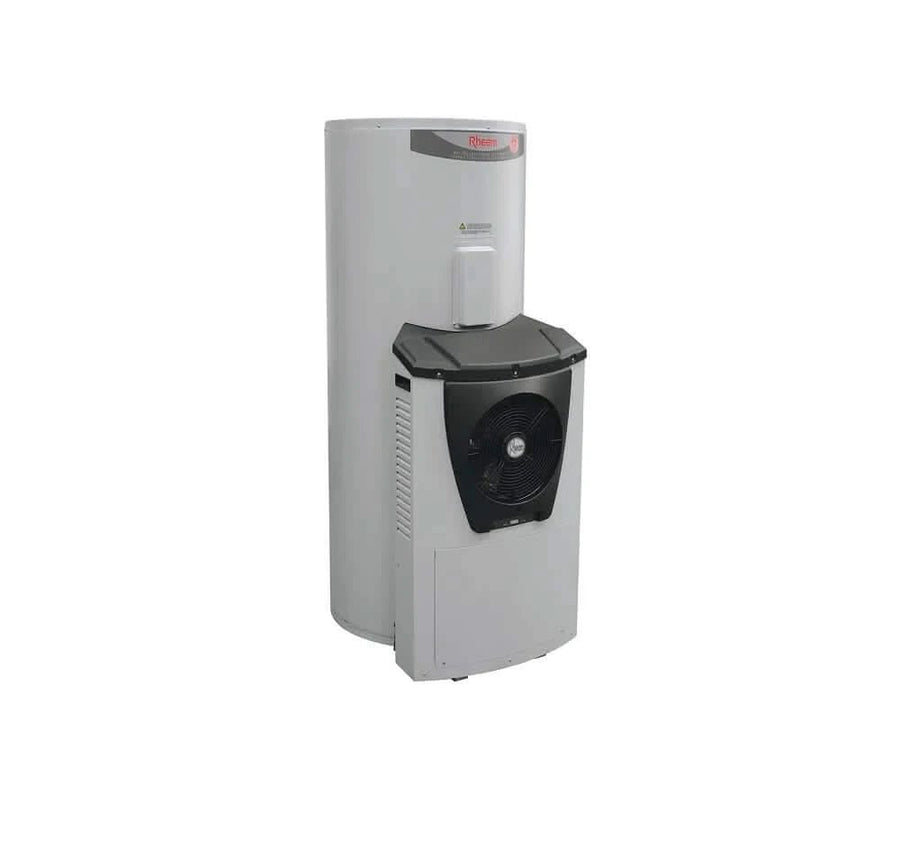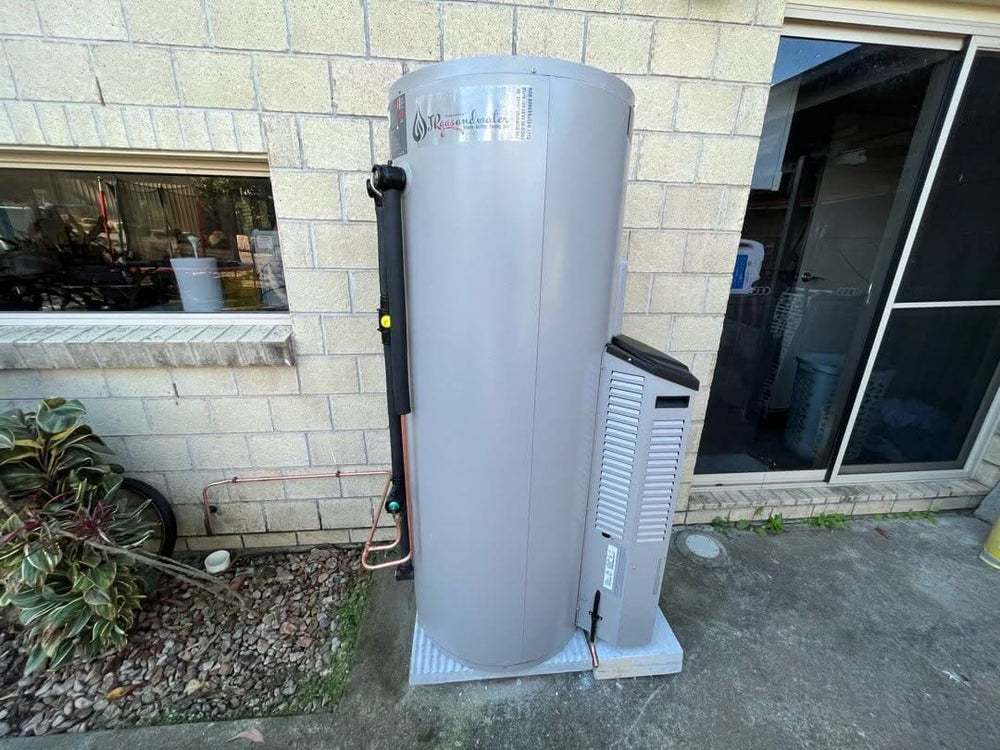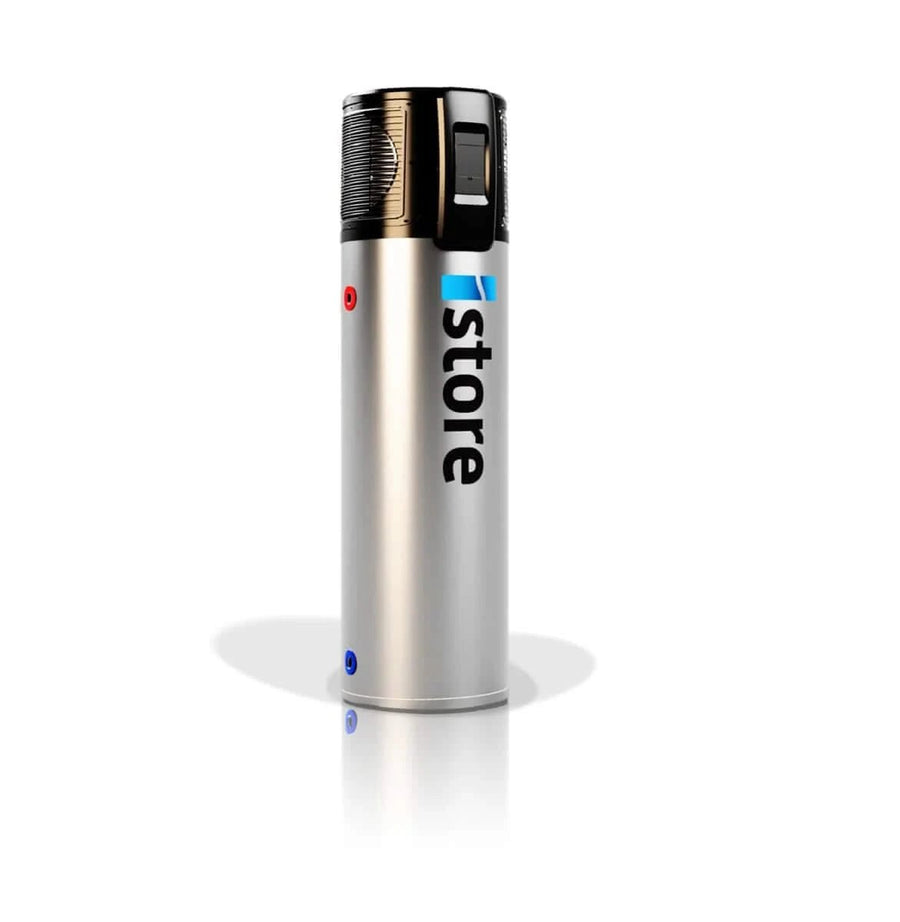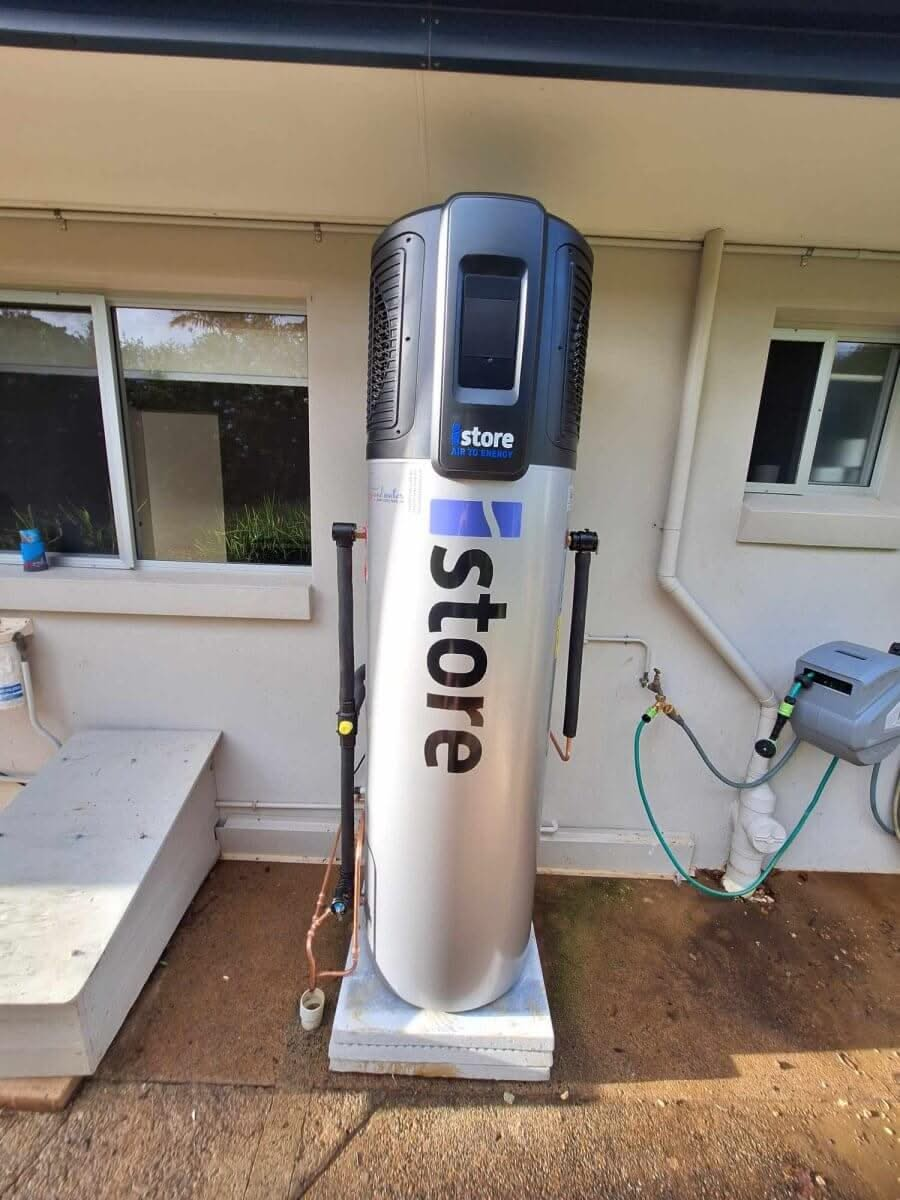Best Hot Water System Install Services | Fast & Reliable
Planning a hot water system install? This article helps you choose the best system for your home, understand the installation steps, and decide between hiring a professional or doing it yourself.
Key Takeaways
-
Choosing the right hot water system involves assessing household size, usage patterns, and budget, in addition to considering energy efficiency ratings.
-
Professional installation of hot water systems is recommended to ensure safety and compliance with local regulations, reducing risks associated with DIY approaches.
-
Solar and heat pump water heaters are highly efficient options that can significantly reduce energy costs and environmental impacts, often supported by government incentives.
Choosing the Right Hot Water System
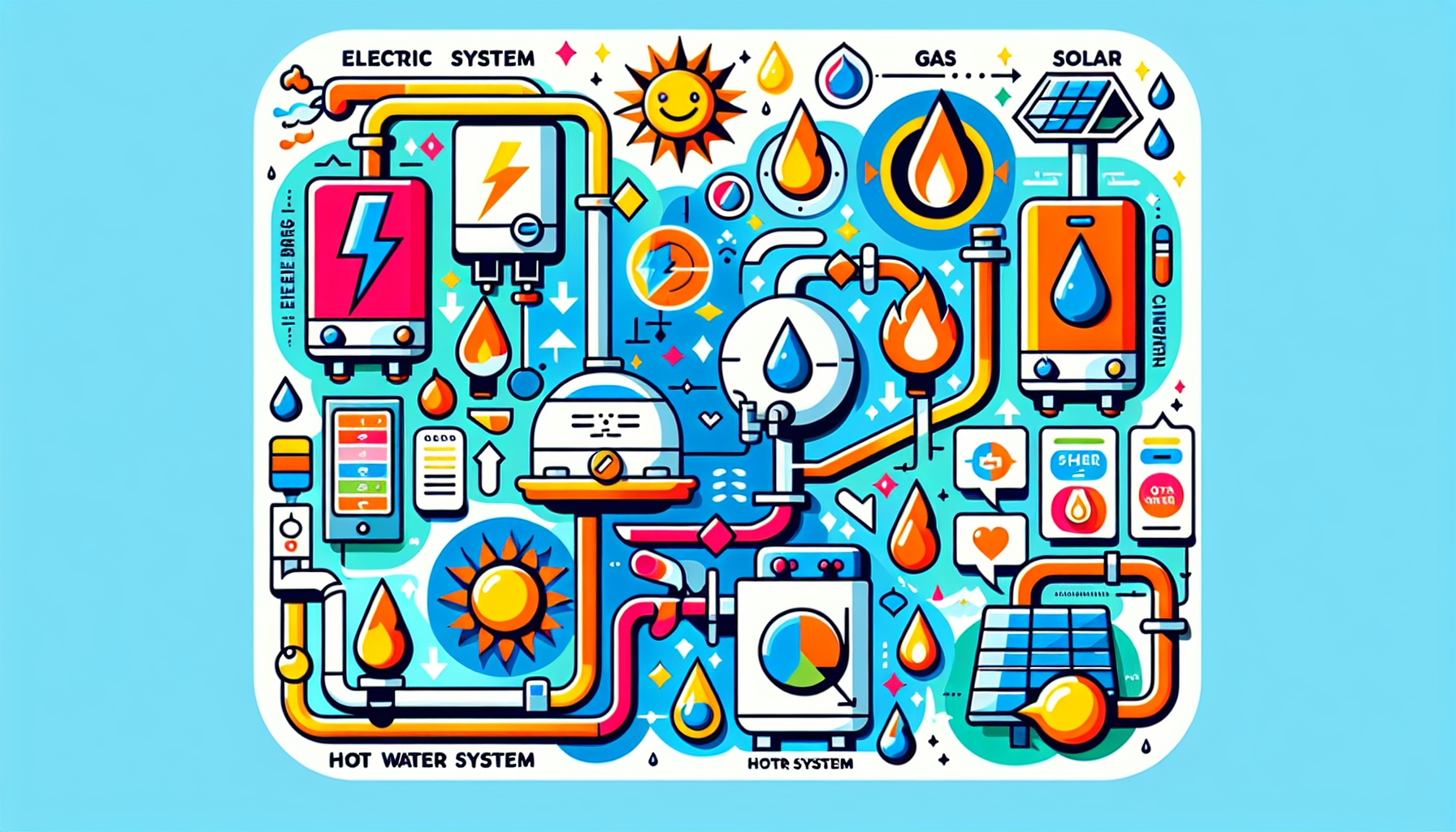
Choosing the right hot water system ensures your household’s needs are met efficiently and economically. Consider household size, hot water usage patterns, and budget to find the most suitable system.
Key factors to consider include the type of hot water systems available and their energy efficiency ratings.
Factors to Consider
Household size is a primary factor. For medium-sized households (3-6 people), a 160L tank is suitable for low peak usage, and a 315L tank for high peak usage. Larger households (5-8 members) might need a 250L tank for low peak usage or a 400L tank for high peak usage. Consider peak usage times and the number of appliances using hot water simultaneously.
Choosing the type of hot water system affects long-term costs and energy savings. Gas systems generally have lower operating costs but higher upfront expenses due to installation complexities. Electric systems come in various sizes and often have incentives to make them more affordable.
Consulting a hot water specialist offers tailored advice based on your specific needs. Professionals can guide you through various options from leading brands to ensure an informed decision.
Comparing Hot Water System Types
Understanding the different types of hot water systems is key. Gas systems are efficient with quick heating times, providing hot water on demand. They are more cost-effective long-term but have higher installation complexities.
Electric hot water systems are popular for their affordability and ease of installation. They include an electric-powered heating element and an electric hot water system, providing a consistent hot water supply.
Solar hot water systems are excellent for saving on energy costs and reducing environmental footprints. They can meet up to 90% of your solar hot water system needs, significantly cutting energy bills.
Heat pump water heaters are gaining popularity for their high efficiency and lower electricity usage compared to conventional systems.
Energy Efficiency Ratings
Energy efficiency is crucial when choosing a hot water system. Electric systems can account for around 23% of household energy use, so selecting a high-efficiency system can lead to significant savings.
Heat pump water heaters are highly efficient, using less electricity and providing substantial savings on energy bills. They also reduce greenhouse gas emissions, making them an environmentally friendly choice.
Electric Hot Water Systems
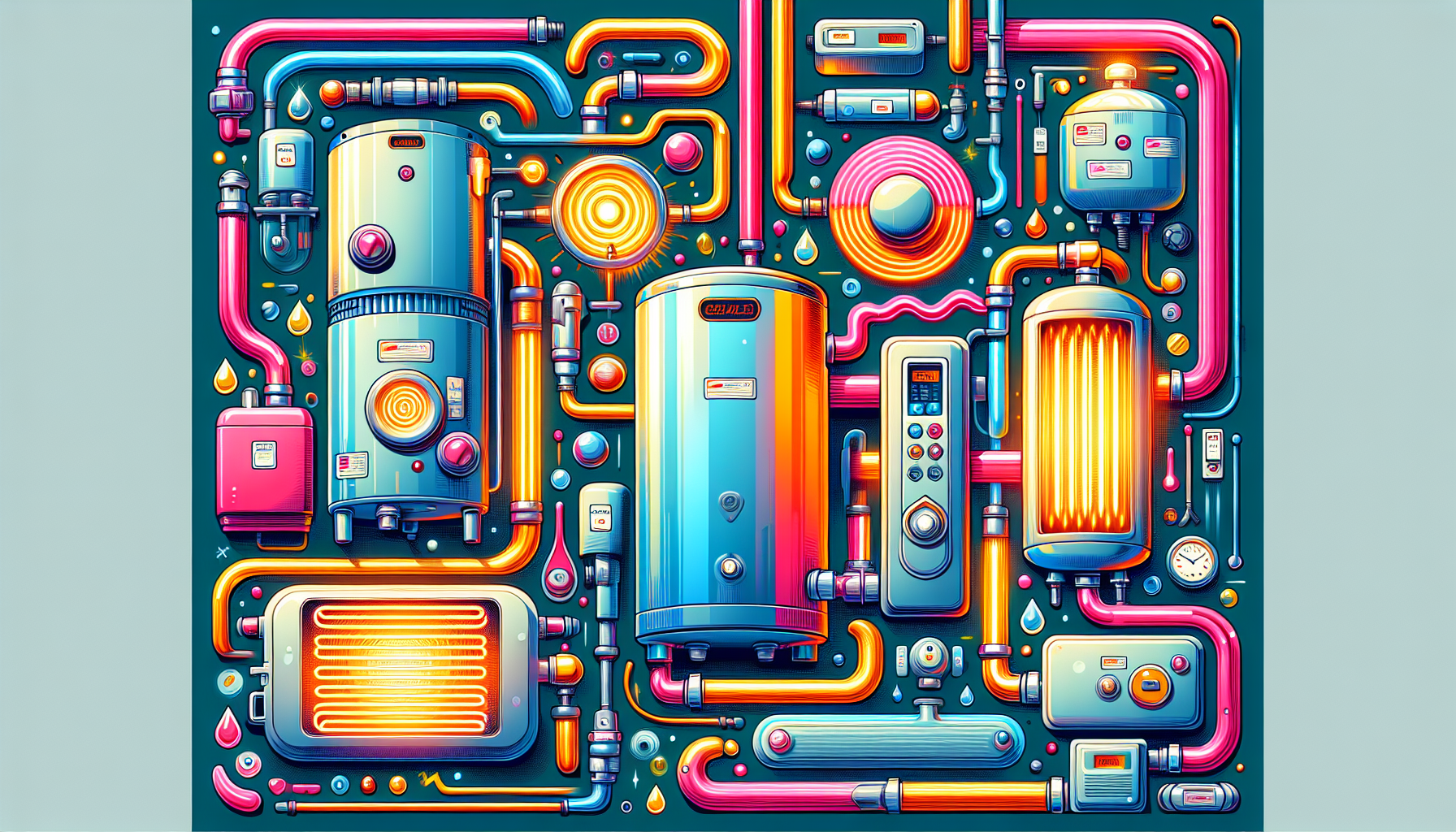
Electric hot water systems are reliable, consistent, and affordable in both purchase and installation. They typically include an electric-powered heating element and a storage tank, ensuring a steady hot water supply.
Examine the installation process, costs, efficiency, and maintenance tips for these systems.
Installation Process
Installing electric hot water systems is simpler and cheaper than gas systems. A standard electric system usually requires a ground-level area and takes a few hours to install, making it hassle-free.
Ensure the installation complies with Australian safety standards. Check potential installers’ reliability through online reviews and verify their credentials to ensure they are licensed plumbers.
Choosing the right location and ensuring electrical safety are vital. Licensed electricians should handle the installation to ensure safety and compliance with local regulations.
Cost and Efficiency
Electric hot water systems are generally cheaper to install compared to gas systems and offer a wide range of prices suitable for various budgets. However, long-term operational costs can be higher due to energy consumption.
High-efficiency systems can lead to significant long-term savings. Using smart controls and timers can further lower running costs, enhancing energy efficiency.
Requesting multiple quotes ensures competitive installation costs and service quality.
Maintenance Tips
Regular maintenance is crucial for efficiency and longevity. Service the system at least once a year, inspecting the heating element and thermostat for proper operation.
DIY checks, like verifying the temperature pressure relief valve, should be done every six months. Annually flush the tank to remove sediment buildup, improving heating efficiency and extending the system’s lifespan. Insulating hot water pipes can minimize heat loss and enhance efficiency.
Gas Hot Water Systems
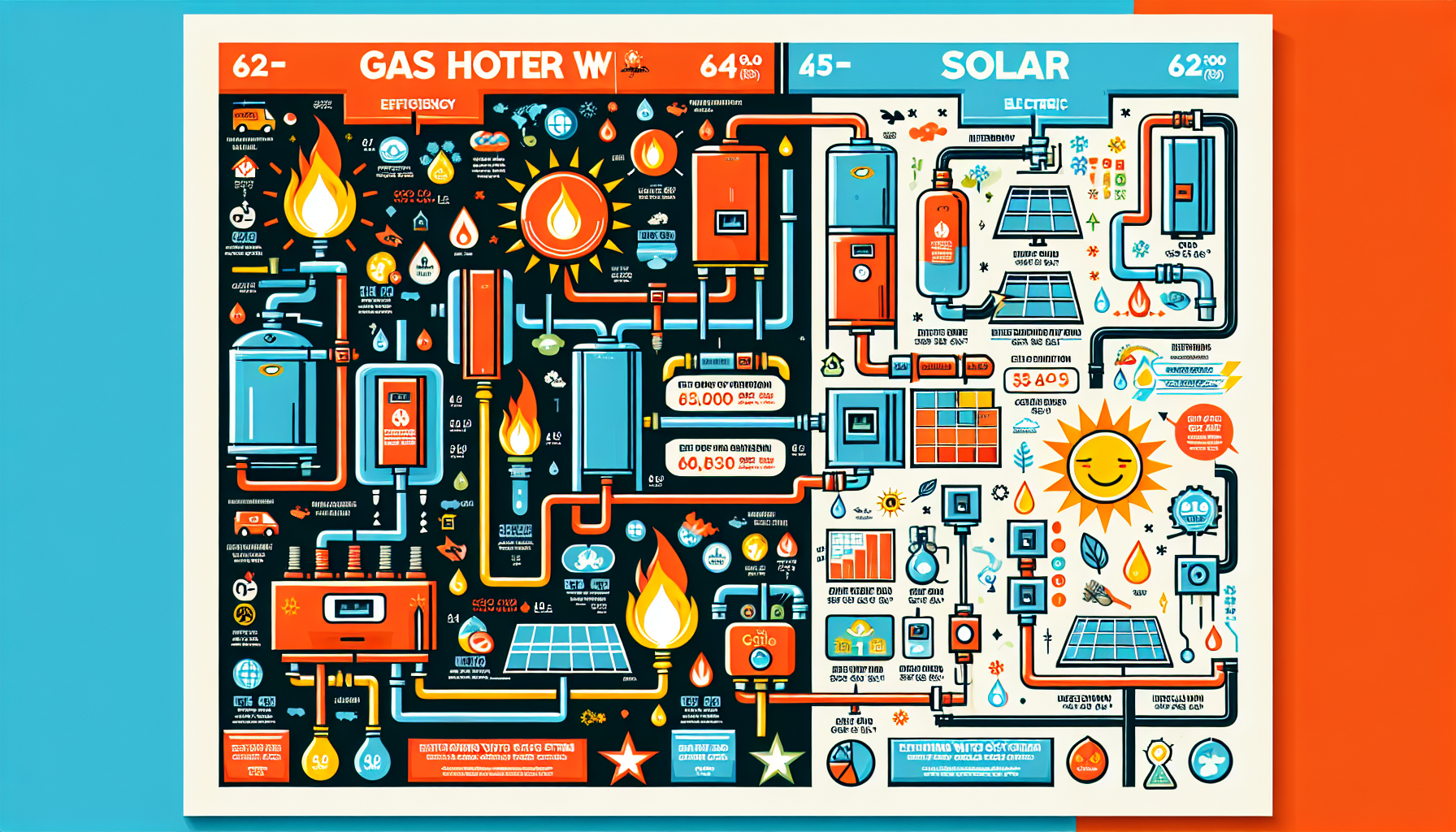
Gas hot water systems offer efficiency and comfort advantages. They provide reliable performance and quicker heating times compared to traditional storage systems, ensuring you never run out of hot water.
Explore the installation requirements, benefits, drawbacks, and safety considerations for gas hot water systems.
Installation Requirements
Proper installation requires sufficient clearance around the unit for safety and functionality. The site should be close to hot water outlets to minimize heat loss. Gas systems typically need at least 12 inches of air space for proper ventilation.
Venting is crucial for safe operation, ensuring gas is expelled correctly. Fill the heater with water before turning it on to prevent overheating damage.
Avoid soldering fittings near the tank to prevent heat damage to plastic components.
Benefits and Drawbacks
Gas hot water systems offer several advantages, including lower running costs, leading to significant energy bill savings. However, they can involve higher installation complexity and costs.
Overall, gas hot water systems offer a blend of efficiency and comfort, though they come with some installation challenges.
Safety Considerations
Safety is paramount when installing gas hot water systems. Professional installation ensures adherence to local codes, reducing legal risks and ensuring safe operation. Licensed installers minimize risks associated with incorrect DIY installations, providing peace of mind and safety.
Solar Hot Water Systems
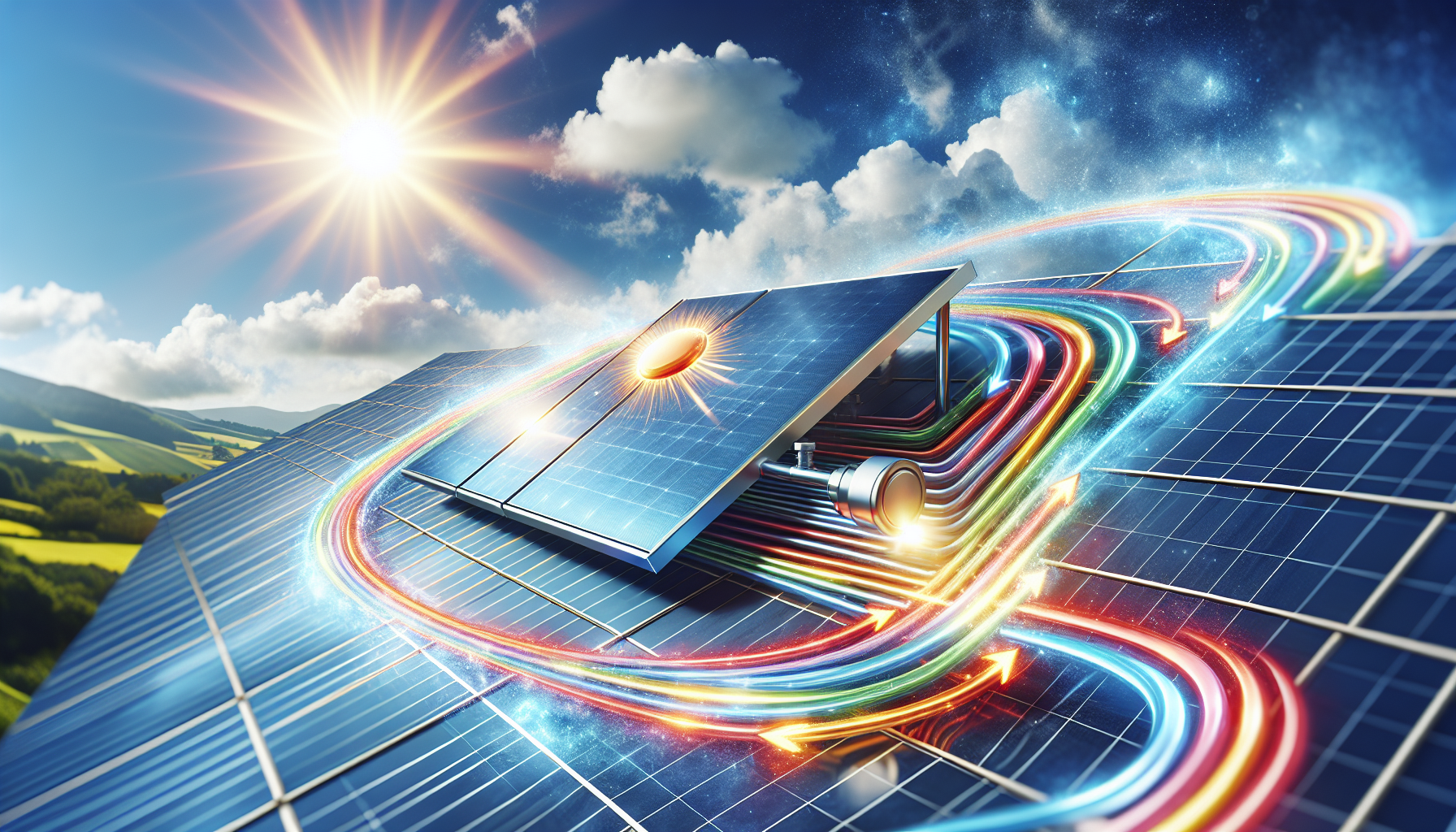
Solar hot water systems are eco-friendly, significantly reducing energy bills and environmental impact. They can meet up to 90% of a household’s hot water needs.
Delve into how these systems work, the installation process, and the financial incentives available.
How They Work
Solar hot water systems consist of solar collectors, storage tanks, and plumbing components. Flat plate collectors absorb sunlight directly, while evacuated tube collectors retain heat more effectively. These solar water heaters harness solar energy to heat water, reducing reliance on conventional energy sources.
Installation Process
Installing solar hot water systems involves higher upfront costs due to necessary components like tanks, solar panels, and connections. Roof type configuration is important. Despite the initial investment, long-term benefits include energy savings and reduced environmental impact.
Professionals should handle the installation to ensure proper setup and compliance with local regulations. This ensures efficient and safe operation, providing maximum household benefits.
Financial Incentives
Various government rebates and incentives in Australia help subsidize the costs of solar hot water systems. These incentives make solar systems more affordable, encouraging more households to switch to this eco-friendly option and save on energy bills.
Heat Pump Water Heaters
Heat pump water heaters are modern and energy-efficient. They extract heat from their surroundings to efficiently heat water, using less electricity than conventional systems.
Explore the installation steps, advantages over traditional systems, and common issues with solutions.
Installation Steps
Ensure the air temperature around the unit remains above freezing before installing a heat pump water heater. Professionals should handle the installation to ensure proper setup and maximum efficiency.
This includes selecting the right location and ensuring proper electrical and plumbing connections.
Advantages Over Traditional Systems
Heat pump water heaters utilize 30% less energy than conventional electric water heaters, reducing energy consumption and operational costs. Replacing older electric tanks with heat pumps can result in significant electricity savings.
Utilizing heat pump water heaters results in substantial energy savings and a reduced environmental footprint. They are an excellent choice for minimizing energy bills and environmental impact.
Common Issues and Solutions
Common issues with heat pump water heaters include inconsistent water temperature, higher than expected energy costs, and strange noises. Troubleshoot by checking thermostat settings, inspecting refrigerant levels, and ensuring proper airflow around the unit.
Solutions include adjusting thermostat settings, recharging or repairing refrigerant systems, and clearing airflow obstructions.
Instant Hot Water Systems
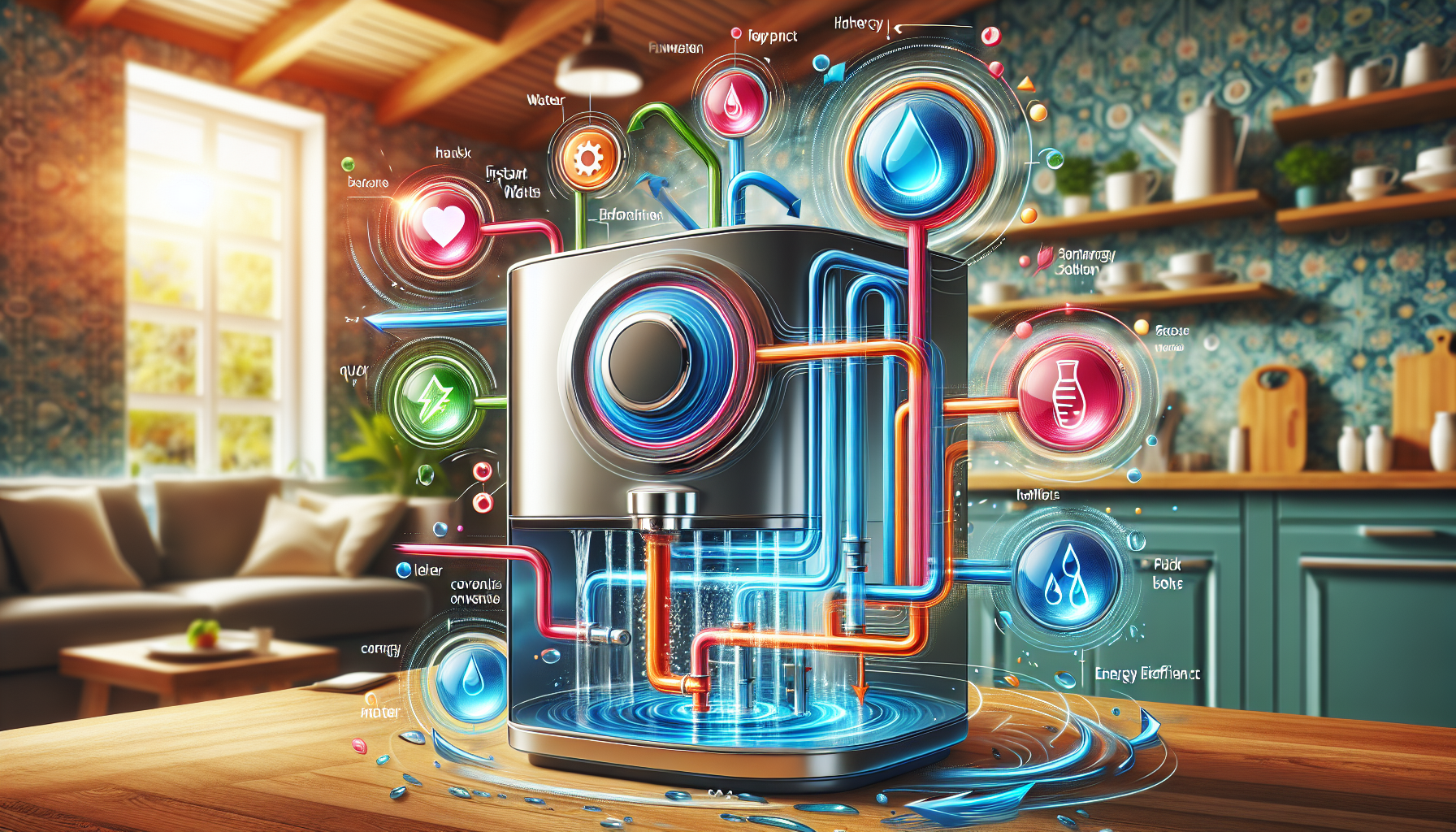
Instant hot water systems heat water on-demand, offering efficiency and convenience by providing an immediate supply of hot water and eliminating the need for a new hot water system storage tank.
Examine the installation guidelines, pros and cons, and best use cases for instant hot water systems.
Installation Guidelines
Proper installation of instant hot water systems requires tailored plumbing and electrical work to ensure efficient and safe operation, providing a hassle-free hot water system installation on demand.
Professional installation is recommended to ensure compliance with local regulations and safety standards.
Pros and Cons
The primary benefit of instant hot water systems is their efficiency, heating water on demand and saving energy. They are ideal for smaller households or those conscious of water usage.
One drawback can be potential heating delays during peak usage times.
Best Use Cases
Instant hot water systems are best suited for small households or specific applications that require minimal hot water demand. These systems provide a continuous supply of hot water without the need for a storage tank, making them ideal for apartments or homes with limited space.
Their efficiency and convenience make them a popular choice for those looking to optimize their hot water usage.
Professional Installation vs. DIY
Choosing between professional installation and DIY for hot water systems requires careful consideration of personal skills and risks. While DIY installation might save money initially, it can lead to unsafe practices, potential legal issues, and improper functioning of the system.
Let’s explore the benefits of professional installation, the risks of DIY, and tips for finding a reliable installer.
Benefits of Professional Installation
Hiring licensed installers ensures that the hot water system is installed correctly, utilizing their training and experience for a reliable setup. Professional installation significantly reduces the risk of leaks and other safety hazards, ensuring homeowner safety. Furthermore, many manufacturers’ warranties are only valid if the system is installed by a licensed professional, protecting homeowners from unexpected costs.
Licensed installers can navigate complex installations efficiently, minimizing the likelihood of errors. Professional installation typically includes the removal of the old system, saving homeowners additional hassle and time. This comprehensive service guarantees a hassle-free installation process.
Risks of DIY Installation
DIY installation of hot water systems can lead to various hazards, including improper connections and potential risks. These risks may include damaging the system, causing leaks, or failing to meet safety standards.
If you are unfamiliar with installing hot water systems, seeking assistance is a good idea. It is advisable to get help from experts in this case. The potential pitfalls of DIY installation can be significant, making professional help recommended.
Finding a Reliable Installer
To find a reliable installer, verify their credentials and licenses to ensure they can perform the installation properly. Reading customer reviews and ratings provides insight into the reliability and quality of the installer’s service.
Ensure that the chosen installer offers service guarantees and warranties for both the installation and the products used. Considering the installer’s experience and asking for references from previous customers can help ensure a trustworthy choice.
Summary
Choosing the right hot water system is crucial for meeting your household’s needs efficiently and economically. From electric and gas to solar and instant systems, understanding the benefits, installation processes, and maintenance tips is essential for making an informed decision. Opting for professional installation ensures safety, compliance, and peace of mind. Whether you’re looking to save on energy costs or reduce your environmental footprint, there’s a hot water system to fit your needs. Make the switch today and enjoy the comfort and convenience of a reliable hot water supply.
Frequently Asked Questions
How much for a new hot water system?
The cost of a new hot water system typically ranges from $1,000 to $3,000, depending on the type, size, and installation requirements. It is advisable to obtain quotes from multiple suppliers for an accurate estimate.
What is the primary supply requirement for electric hot water systems?
The primary supply requirement for electric hot water systems is typically a 240-volt supply. This ensures adequate power for efficient operation.
How do electric hot water systems affect household energy consumption?
Electric hot water systems significantly contribute to household energy consumption, accounting for approximately 25% of typical usage. Reducing water heating demands can therefore lead to considerable energy savings.
What are the environmental benefits of using electric hot water systems?
Electric hot water systems reduce environmental impact by utilizing electricity from renewable sources, thus promoting sustainability and reducing carbon emissions. This makes them a more eco-friendly choice compared to traditional systems.
What is a significant benefit of using an electric hot water system in areas with renewable electricity?
Using an electric hot water system in areas with renewable electricity significantly reduces environmental impact, as it utilizes clean energy sources. This contributes to a healthier ecosystem and supports sustainable living practices.






